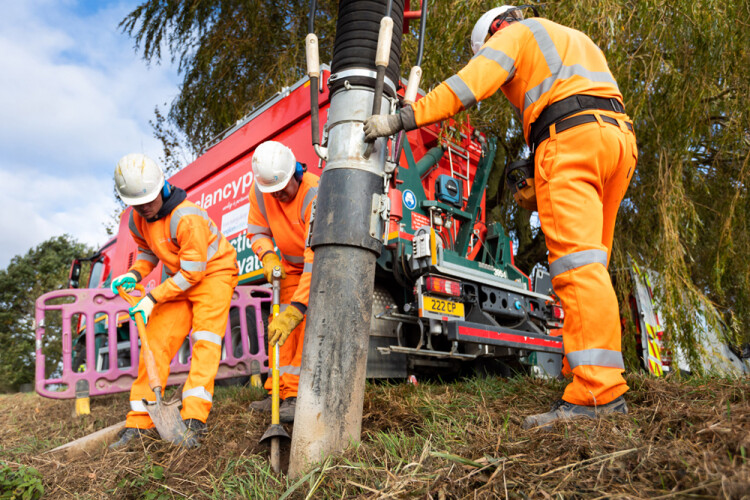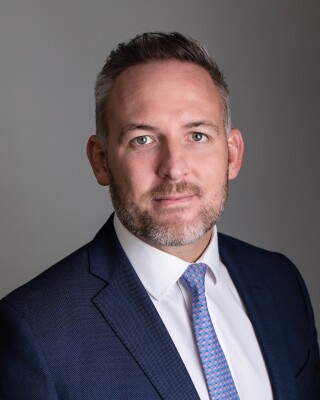After a strategic review, Clancy repositioned last year to concentrate on long-term frameworks within just the water and energy sectors.
The company has withdrawn from the rail sector and the multi-utility market (working for companies that span different utilities). It expects to complete the novation of all multi-utility contracts within the next month.
For the year to 31st March 2020, Clancy made a pre-tax profit of £3.5m on turnover of £297.1m. Since year-end, the group has restructured to include the plant hire business; comparing like with like, turnover was down 5% (2019: £312.1m) but pre-tax profit grew nearly threefold (2019: £1.3m).
The 2020 results includes losses on discontinued business activities of £1.7m.
The focus on long-term frameworks has established a £1.3bn forward order book.
Within the water market, the financial year-end coincided with the start of the new asset management period in England – AMP7 – from 1st April 2020. Clancy has extended or renewed all its existing frameworks with Thames Water, Anglian Water, Southern Water, South East Water and Sutton & East Surrey Water into the new AMP. Last month the business also announced it has secured a place on Thames Water’s capital framework for infrastructure works, which will run until 2025. In Scotland, Clancy is continuing its work with Scottish Water ahead of the new asset management period, SR21.
In the energy sector Clancy has been reappointed to UK Power Network’s ED1SON alliance for capital programmes in London, and has extended its partnership with Northern Powergrid to deliver repair and maintenance for the energy network in the North East.
For utility contractors like Clancy, damaging and disruptive accidental damage to other underground pipes and cables remains a fact of life. Clancy managed to reduce its service strikes by 21% from 444 the previous year to 350 during the year to March 2020.

Stable income has enabled Clancy to establish a strong cash position, using a net cash inflow of £16.2m over the year to cover most of its working capital needs – thereby operating with minimal debt or borrowing.
Last year saw a transition to the third generation of the Clancy family with Matt Cannon appointed as chief executive in February 2019.
He said that the new strategy would help the business withstand the economic challenges posed by Covid-19.
“These results demonstrate the strength of our model as a business, building long-term, stable partnerships,” Matt Cannon said. “The work of our teams in the last few months to maintain essential networks through the Covid-19 pandemic has demonstrated the resilience of the industry and the vital role that we play.
“Importantly, we remain a people business – focused on providing for the many families and communities that we support. Our direct delivery model, combined with a strong financial position, drives us to invest in skills and innovation that we need for the future.”
Chairman Kevin Clancy, his uncle, added: “The fundamentals of our business rely on expertise within our markets and strong relationships – often going back decades. As a family business, our independence ensures we can focus on these core principles to deliver an exceptional service for clients and their own customers.
“At the end of last year we were shocked by the untimely death of our joint chairman, my brother Dermot Clancy. Having spent his life working in the family business Dermot played a central role shaping the exceptional team and operations that we have in place today.”
Got a story? Email news@theconstructionindex.co.uk




